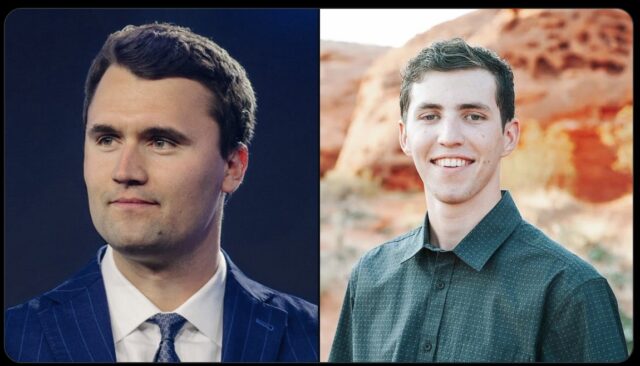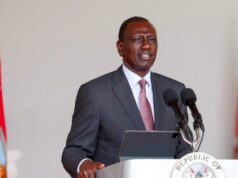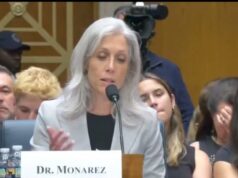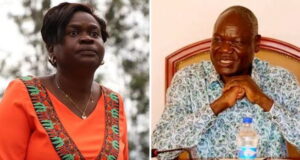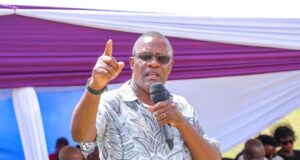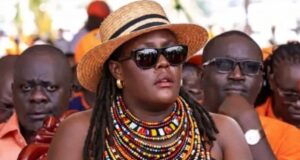Political debates are emotive, and when unregulated, they become chaotic, divisive, and sometimes even fatal.
What Charlie Kirk attempted in America, through his confrontational open debates, mirrors Kenya’s “Bunge la Mwananchi,” but the difference in contexts could not be more striking.
America, where there seems to be a gun per every square foot, is not the same as Kenya, where freedom of speech, heckling, and debate at open forums is met with laughter, curiosity, or sharp rebuttals but rarely with violence.
Charlie Kirk has built his brand around defending gun ownership and the open sale of firearms, pushing the Second Amendment as though it were gospel.
In his forums, he often faces young people who challenge his ideas, who interrogate the wisdom of flooding communities with unaccounted for weapons, and who remind him that America’s freedom is not always the freedom to live safely.
Yet his stage, unlike Kenya’s “Bunge la Mwananchi,” is surrounded by a culture where guns are a heartbeat away. That alone makes his experiment risky, because the line between debate and disaster is razor thin.
Why would a country that calls itself heaven on earth, that prides itself as the most successful democracy, the land of opportunity, still be so reluctant to secure its own citizens from an avalanche of unregulated guns? America is open, dogmatic, and deeply divided on the question of guns.
But a nation where firearms circulate unchecked, where school shootings are regular headlines, cannot claim moral superiority over others when it fails to protect the basic right to life.
Charlie Kirk, in defending this culture, may win applause from loyalists, but he walks a dangerous path that exposes the darker underbelly of America.
Now compare this to Kenya’s “Bunge la Mwananchi.” For years, Kenyans have congregated in open air markets, under trees, and in town squares to debate politics, government failures, corruption, or even international issues.
Here, men and women with nothing but a stool, a loud voice, and the courage to speak have created some of the most vibrant public debates on the continent. In Kenya, words clash, ideas collide, and laughter breaks the tension.
Speakers are booed, cheered, or outright ignored, but rarely does violence follow. “Bunge la Mwananchi” has become a political classroom, a training ground for free expression, and an incubator for ideas that sometimes even influence national politics.
The world is learning from Kenya, often without admitting it. When the Gen Z uprising in 2023 shook Kenya, the format of organization, online, decentralized, yet loud and bold, quickly found echoes abroad. What starts as an ordinary citizen’s idea in Kenya often finds global resonance, and the ripple effects cannot be ignored.
If Charlie Kirk’s style of combative open debate is America’s attempt at a “Bunge la Mwananchi,” then Kenya’s version is the more refined, more peaceful, and more socially constructive one.
That is the contrast: where America arms itself before speaking, Kenya arms itself with words. Where Charlie Kirk has to defend himself against hostility in a gun saturated society, Kenyan debaters defend their positions with wit, satire, and resilience.
The difference is profound. Kenya teaches the world that free speech, even when unregulated, does not have to end in bloodshed. It can be spirited, it can be sharp, but it can also be safe.


